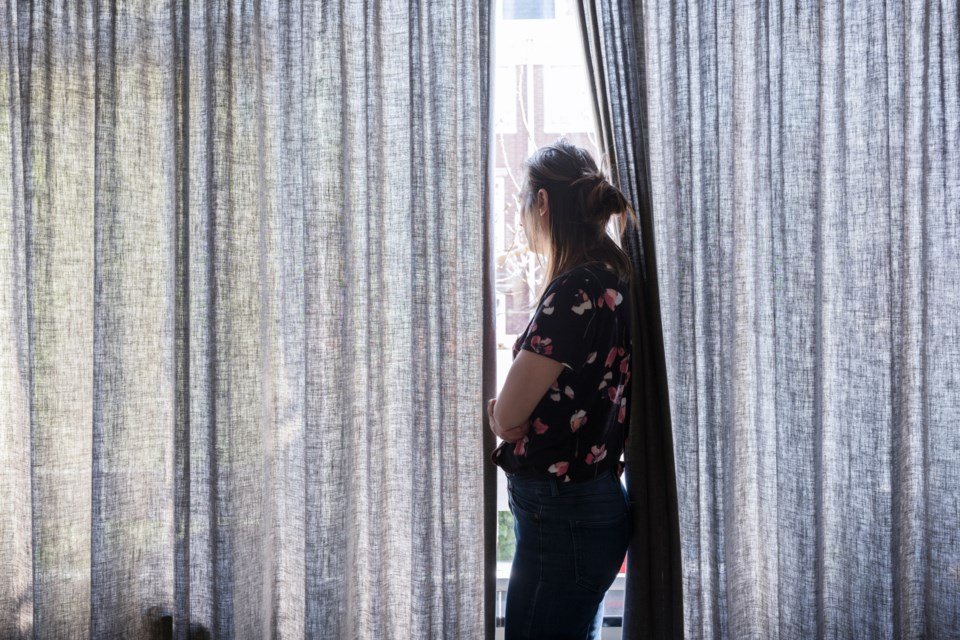A Vancouver-based advocacy group is warning some of the COVID-19-caused lockdown orders across Canada put women at risk.
In an effort to stop the spread of the virus, including the new Omicron variant, personal gatherings in B.C. are limited to your household plus one other household or 10 guests, all vaccinated. Other provinces have more strict measures in place. Ontario is imposing a lockdown between Dec. 26 and Jan. 23, forcing nearly all non-essential businesses to close. During the lockdown, social gatherings are limited to the same household.
Battered Women’s Support Services (BWSS) says over the past year, it saw a 300 per cent rise in demand for its Vancouver services.
"Immediate safety is more important than physical/social distancing or self-isolation measures,” says executive director Angela Marie MacDougall in a statement.
She adds that staying at home may not always be a safe option for everyone.
"It's a critical time, now is the time for us to act, and to work together to keep women and girls safe,” she says.
BWSS is stressing the rise of domestic violence and femicide during the pandemic requires unprecedented attention to the matter.
Common indicators of escalating risk can be:
- increased forced isolation from friends, family, and employment (even via phone, social media, or the internet);
- constant surveillance;
- strict, detailed rules of behaviour;
- restrictions on access to such basic necessities as food, clothing, and sanitary facilities;
- threats: for example, threats to harm the individual, children, and/or other family members, and pets;
- emotional abuse: including insults, intimidation, neglect, control, and isolation;
- financial abuse: including withholding, stealing, or controlling money; and
- spiritual/cultural abuse: restricting spiritual or cultural practices or beliefs.
According to BWSS, police forces across the country have reported increases in the number of calls related to domestic violence; social services, meanwhile, have seen an increase "in the severity of the violence women are experiencing during the pandemic."
More recently, the BWSS says some regional service organizations have seen a sharp drop in reported cases leading into the holiday season. The organization says that could be due to isolation.
"If you or someone in your family or community is at risk of, or experiencing physical violence, sexual assault, or psychological abuse in the household, there are services to help assess the risks and to help create a safety plan,” says MacDougall.
BWSS recommends that if you need to leave an abusive home environment, find a safe place with family, friends or outside the community and make a plan before you leave.


